- 1-economic-impact-of-heart-disease
- 2-key-factors-driving-healthcare-costs
- 3-personal-financial-burden-of-heart-disease
- 4-strategies-for-managing-heart-disease-expenses
- 5-real-life-examples-of-cost-management
- 6-resources-and-support-for-patients
Economic Impact of Heart Disease
Heart disease remains one of the leading causes of death worldwide, and its financial toll on healthcare systems is equally staggering. The economic impact of heart disease encompasses not only direct medical costs but also indirect costs such as lost productivity and long-term disability care. Healthcare budgets across nations allocate significant resources to managing cardiovascular conditions, making heart disease a critical concern beyond health alone.

Healthcare Spending and Heart Disease
Direct treatment costs include hospital stays, surgeries, medications, and follow-up care. For example, a single coronary artery bypass graft surgery can cost tens of thousands of dollars, while chronic medication expenses accumulate over years. Additionally, recurrent hospital visits for heart failure or complications increase the financial strain on patients and insurers alike.
Deborah Heart and Lung Center
deborah heart and lung center
200 Trenton Rd, Browns Mills, NJ 08015, USA

Key Factors Driving Healthcare Costs
Several factors contribute to the rising costs associated with heart disease treatment. Aging populations, increasing prevalence of risk factors like obesity and diabetes, and advancements in technology all play a role. While medical innovation improves outcomes, it often comes with higher price tags.
Complexity of Treatment and Care
Managing heart disease often requires multidisciplinary care teams, including cardiologists, dietitians, and physical therapists. This comprehensive approach, while beneficial for patient health, also adds layers of expense through multiple consultations, diagnostic tests, and ongoing monitoring.
Personal Financial Burden of Heart Disease
Beyond systemic costs, individuals diagnosed with heart disease face substantial personal expenses. Medication adherence, lifestyle modifications, and periodic medical tests can strain household budgets. Unexpected events like emergency interventions or hospitalizations exacerbate financial pressures.
Insurance Challenges and Out-of-Pocket Expenses
Insurance coverage varies widely, and many patients confront high deductibles or co-payments. In some cases, lack of insurance leads to delayed treatment, worsening health and increasing eventual costs. Navigating these financial challenges requires awareness and planning.
Strategies for Managing Heart Disease Expenses
Effective cost management involves proactive healthcare planning and lifestyle adjustments. Preventive care—such as regular screenings, blood pressure control, and smoking cessation—not only improves outcomes but reduces costly complications. Patients can also explore generic medications and assistance programs to alleviate financial burdens.
Coordinated Care and Telemedicine
Emerging models like coordinated care teams and telemedicine offer cost-effective alternatives by reducing hospital readmissions and enabling timely intervention. These approaches provide convenient access to specialists while controlling expenses.
Real-Life Examples of Cost Management
Consider John, a 58-year-old heart disease patient who struggled with escalating medical bills. After consulting with a financial advisor and his care team, he adopted a structured medication plan, switched to generic drugs, and utilized remote monitoring services. These changes significantly reduced his out-of-pocket costs while maintaining his health.
Lessons from Patient Experiences
Stories like John's highlight the importance of personalized financial and healthcare strategies. Educating patients about resources and encouraging open communication with providers can make a substantial difference in managing both health and costs.
Resources and Support for Patients
Patients seeking guidance on heart disease and healthcare costs can find valuable assistance through specialized platforms. HeartCare Hub offers curated information on affordable medications, insurance navigation, and access to expert care services tailored to cardiovascular health. Utilizing such resources empowers individuals to take control of their treatment and finances.
Understanding the relationship between heart disease and healthcare costs is crucial for patients, caregivers, and policymakers alike. Through informed decision-making, prevention, and access to support, the financial burden of heart disease can be managed more effectively—leading to better health outcomes and improved quality of life.


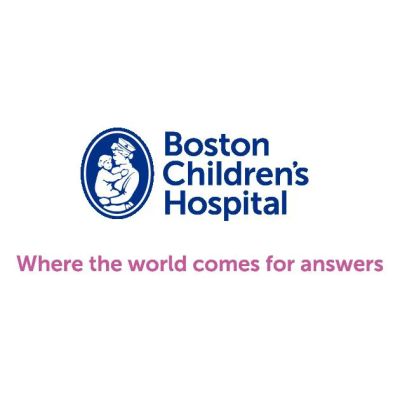


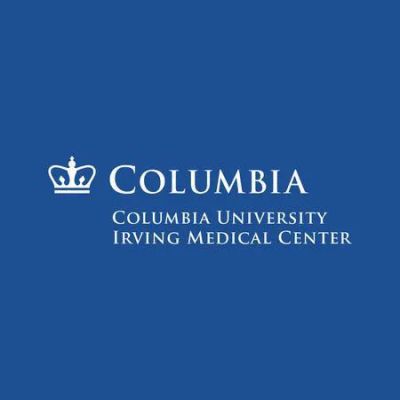

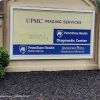
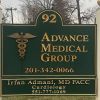


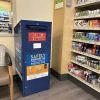









Hoag Urgent Care Irvine - Sand Canyon
hoag urgent care
16205 Sand Canyon Ave Suite 100, Irvine, CA 92618, USA